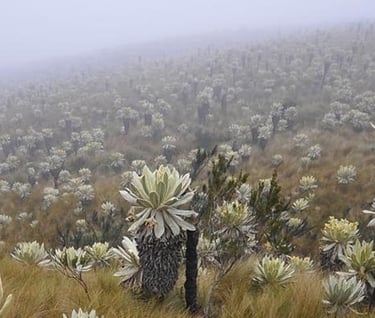¿What is Ecoyaco?


The word ECOYACO reflects our commitment to promote an equitable dialogue between scientific knowledge and traditional Latin American knowledge. That is why our name merges the word “yaco” (of Quichua origin), which in the language of the Amazonian Inga culture means flow or river. We put before it the Latin word “eco” (house or environment), used in biological and social sciences, showing our clear scientific vocation and the use of current tools of the knowledge society of the 21st century.
Thus, ECOYACO has a multivision of water resources, whose study seeks both the welfare of our societies and the integrated management of our exceptional neotropical aquatic systems. Our projects are in general a dialogue of knowledge in which traditional knowledge is fused with the scientific, technical and computational knowledge of 21st century society, thus supporting local, national and regional political management, facilitating the sustainable use of ecosystem services derived from inland, coastal and marine water.
In short, ECOYACO is an entity that generates high-level academic knowledge aimed at understanding the role of terrestrial and aquatic ecosystems in sustaining biodiversity and neotropical geoclimatic dynamics. With this purpose in mind, our scientific, consulting and research activities are aimed at providing support and criteria for the responsible and compatible use of aquatic ecosystems.
Accordingly, our main goals are:
Promote research, knowledge, conservation and management of neotropical terrestrial and aquatic ecosystems within a framework of Integrated Water Resource Management..
Develop activities aimed at disseminating knowledge on neotropical ecohydrology, including courses, seminars, conferences, congresses, colloquia, publications and all those relevant to this purpose..
Develop research programs focused on learning methodologies for the study of neotropical water bodies and the integral valuation of these ecosystems with terrestrial ecosystems..
Support, guide and develop activities related to sustainable development, clean development mechanisms, bioprospecting and biotechnology in terrestrial and aquatic neotropical ecosystems.
Collaborate with official and private entities in campaigns and outreach programs, in the establishment of policies and in the detection and solution of problems related to the conservation and optimal management of neotropical terrestrial and aquatic systems.
Serve as an advisory body to governmental and non-governmental entities.
